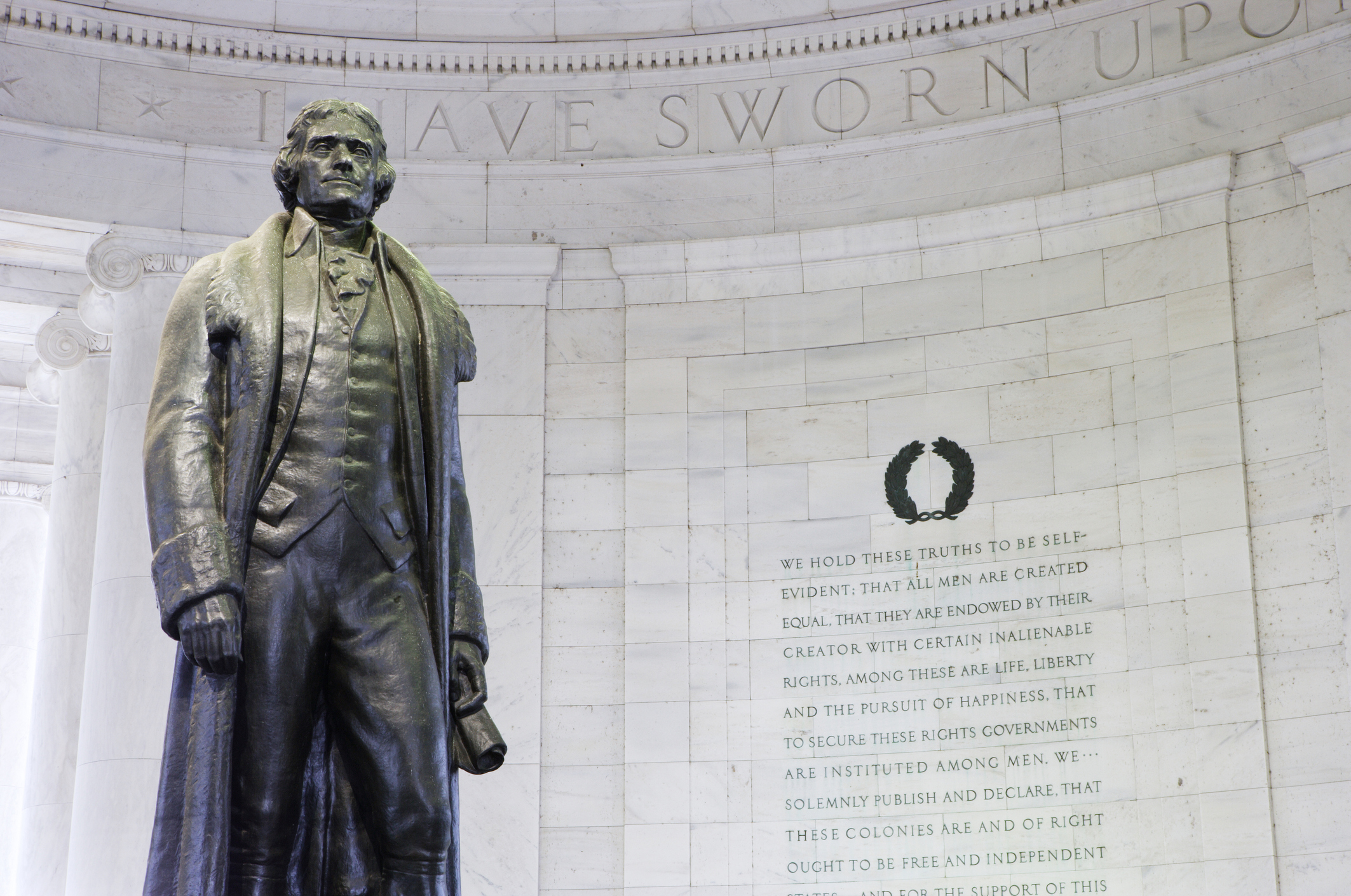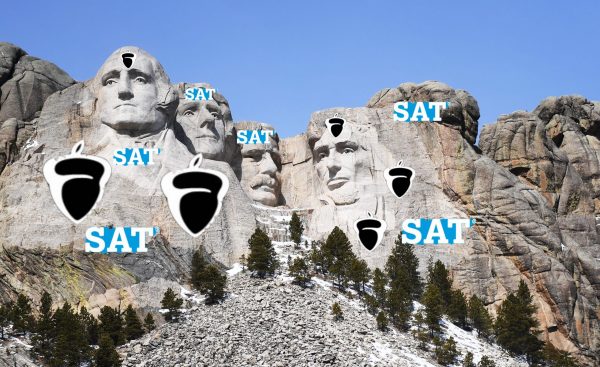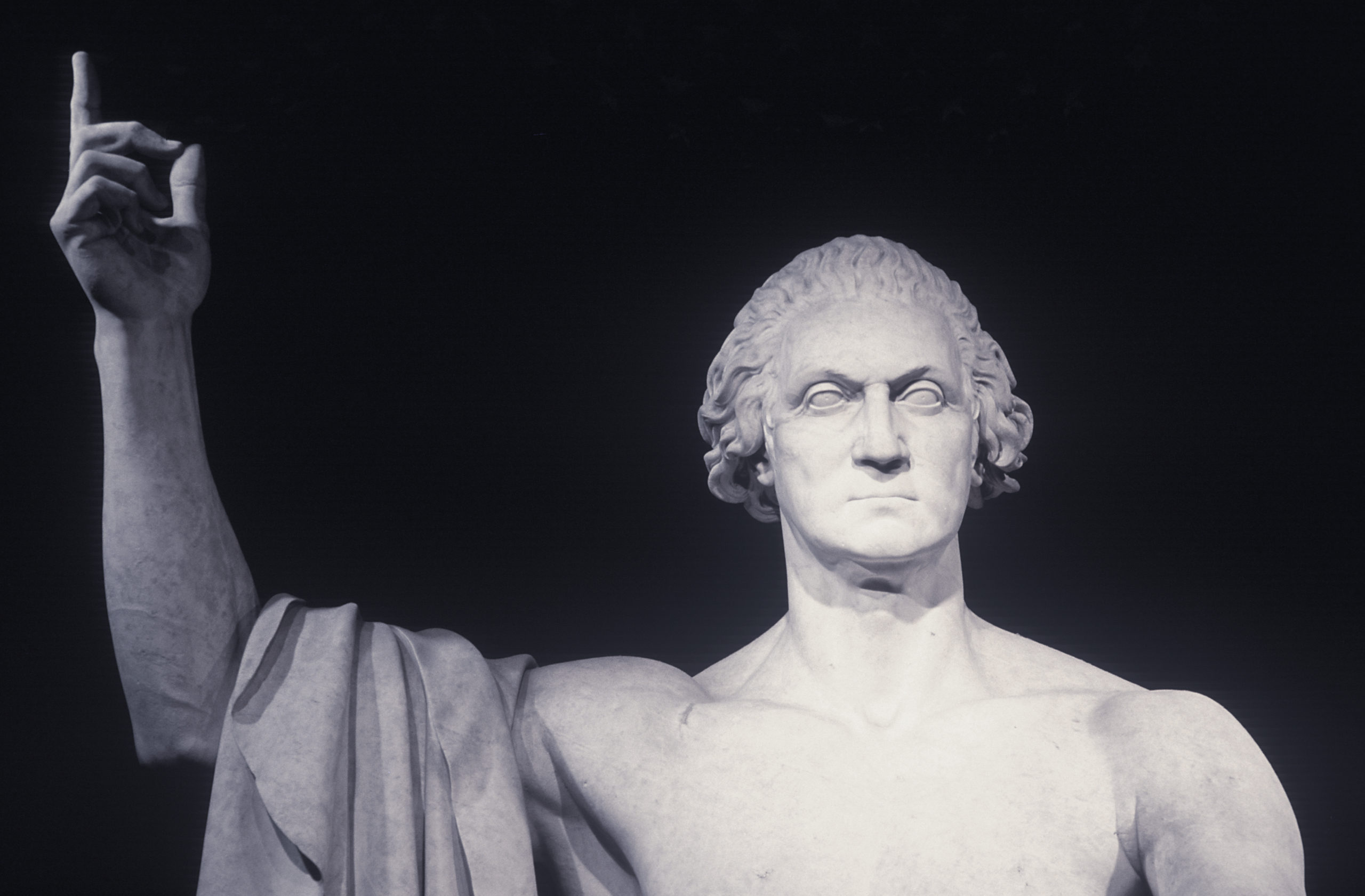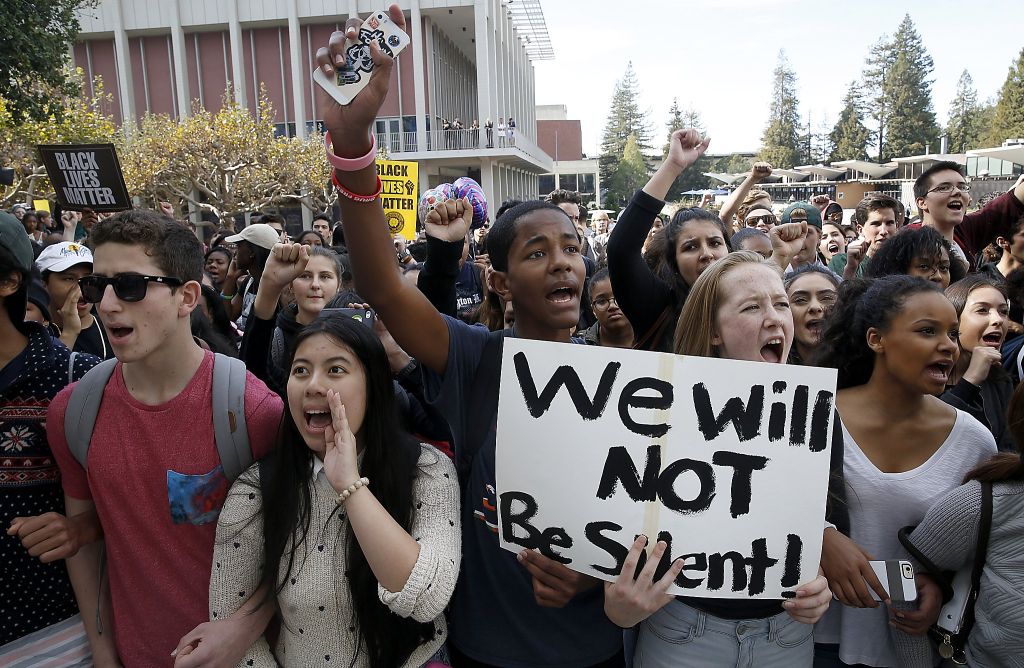Teaching the test has made our country lose its way.
Real Civics

A new program at the University of Virginia centers the values of the Founding.
The following article first appeared on RealClear Wire.
Civic education should supply “what students need to know to be participants in American public life,” says University of Virginia professor James W. Ceaser. But that goal is not being met at any educational level today.
At the primary and secondary levels, Ceaser contends that civics mostly “isn’t being taught well or isn’t being taught at all.” Colleges and universities, for their part, “have turned their backs on political science” as it was classically understood, changing the discipline’s focus to scientific expertise and mathematical calculations.
Ceaser points to elements in American culture that work against a healthy understanding of civics. He recalls the San Francisco school board’s decision to remove Abraham Lincoln’s name from a school (a decision since reversed) and “education efforts like the 1619 Project that claim the United States was founded on slavery.”
Citing the centrality of citizen education in Aristotle’s political philosophy, Ceaser notes that “transmitting to students essential knowledge in civic affairs” is imperative for the future of self-government.
To remedy these issues at the university level, Ceaser started the Program on Constitutionalism and Democracy at Virginia in 2006 after working with Princeton University’s Robert George to found academic programs for the Jack Miller Center. Desiring a similar program at UVA, he received a one-year grant from the National Endowment for the Humanities and hired a postdoctoral fellow to begin teaching students.
The program reaches between 200 to 300 students each year – and over 2,000 students in total since it began. It looks to attract students from all different disciplines, Ceaser maintains, because “all citizens should know these ideas – not just future political science majors.”
At the core of the program’s offerings are two courses – one on the American political tradition and the other on America’s political economy – that teach students “how to think about America’s government and our political tradition in ways that prepare them to assume the burdens of citizenship,” Ceaser says. Using primary documents, a rotating group of postdoctoral faculty teach about 20 students in a seminar-style classroom setup.
Taking the American Founding as its guiding light, the political tradition course examines the “ideas that informed the creation and development of America’s political system” and also looks at contemporary challenges to our democracy. The American political economy course, meanwhile, is based around the idea that economics is just as important to a nation as politics. It explores the historical development of the American economy since the Founding and examines alternative “economic regimes such as Progressivism, the welfare state, and neoliberalism.”
All UVA students can apply to enroll in a two-year program that extends beyond classroom instruction. The fellowship offers the chance to read the Great Books in small groups, participate in lunch conversations with UVA faculty and outside scholars, and apply for summer internships and receive one-on-one advising. “We advise students, encourage them to take serious courses, and put them in touch with faculty in other departments as well,” Ceaser says.
The program hosts an annual Constitution Day lecture; past speakers have included law professors Keith Whittington, John Dinan, and Ilan Wurman. It also hosts guest speakers throughout the year. This year’s lineup features Ramesh Ponnuru of National Review, Benjamin Storey of Furman University, and Samuel Goldman of George Washington University, among other notable scholars and thinkers.
Teacher education is another important initiative. As Ceaser notes, “civics often doesn’t have its own subject matter that can offer teacher preparation.” Middle and high school civics teachers can apply for the Summer Civics Institute, a professional development seminar taught by UVA Politics Department faculty. Formerly a week-long course, it will be offered as a regular graduate-level course starting this summer.
Through reading primary sources, teachers will cover the American Founding and also topics including slavery, abolition, civil rights, religious liberty, and the powers of the three branches of government under the Constitution. Ceaser hopes that this new course will expand beyond UVA’s Charlottesville campus to Richmond and the D.C.-adjacent area of Northern Virginia.
He believes that the program overall has already had an impact around the country, as elements of its curriculum have been used at the University of Colorado at Colorado Springs, Boise State University, and Christopher Newport University, among other schools.
Through classroom learning, teacher training, and more, the Program on Constitutionalism and Democracy gives students and teachers the opportunity to carry on the legacy of American citizenship.
The American Mind presents a range of perspectives. Views are writers’ own and do not necessarily represent those of The Claremont Institute.
The American Mind is a publication of the Claremont Institute, a non-profit 501(c)(3) organization, dedicated to restoring the principles of the American Founding to their rightful, preeminent authority in our national life. Interested in supporting our work? Gifts to the Claremont Institute are tax-deductible.
Shape your soul and the country will follow.
State lawmakers must protect education from activism.



